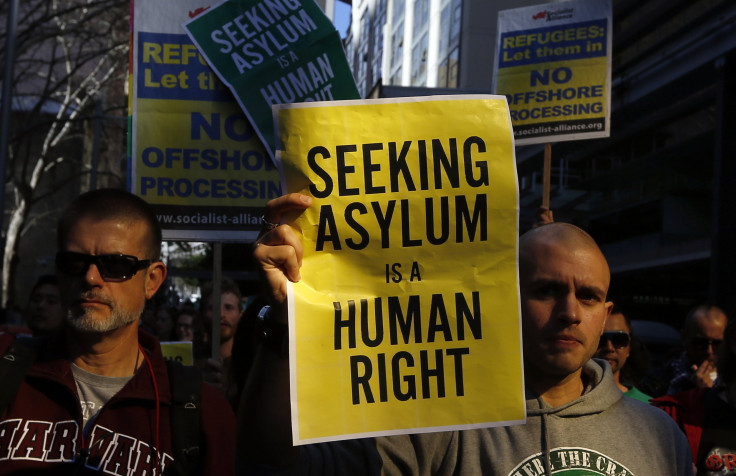Australian Court Sentences Iraqi Human Trafficker Sayed Omeid To 10 Years

A Kurdish human trafficker being tried in Australia was sentenced to 10 years in prison by a court in Perth on Wednesday for bringing over 500 people from Indonesia to Christmas Island in 2001. Sayed Omeid, 43, from Erbil in northern Iraq, had pleaded guilty to the charges in March and had reportedly said that he had been motivated by humanitarian purposes, and not self-interest.
Omeid, who was arrested in Malaysia in 2010, and had fought his extradition to Australia for several years, had smuggled the people in two asylum seeker boats -- carrying 196 and 359 passengers, respectively. He arrived in Australia in late 2013 and was reportedly considered a key person in the network run by Indonesian people smuggler Achmad Olong, who was sentenced to five years in 2008, ABC News reported.
“People worked for you and received instructions from you," Judge Mark Herron, who handed down the jail term to Omeid, reportedly said, adding: "You exposed the passengers to potentially unsafe conditions in unreliable and overcrowded boats.
"Your principal motivation was self-interest, whether it was for financial profit or assistance to family members or yourself."
The asylum seekers were from countries including Afghanistan, Iraq, Iran, Sri Lanka, the Philippines and Yemen, and had paid up to $4,000 each to reserve a place on the boat, the Australian Associated Press (AAP) reported. Omeid had reportedly met the asylum seekers in Malaysia and had arranged for their accommodation and helped to transfer them to Indonesia.
Once in Indonesia, Omeid had again arranged for their accommodation and food, collected fees and arranged for them to be taken in different vessels to be ultimately transported to Australia.
Herron refused to accept the defense lawyer's claim that Omeid was just "the perfect middle man" to Olong, and said, according to AAP: "Your counsel submits that you agreed to act as a go-between. Your involvement was much greater than that," adding: "You played a central and integral role."
Herron imposed a non-parole period of nearly seven years, backdated to Sept. 17, 2010, when Omeid was arrested in Malaysia.
© Copyright IBTimes 2024. All rights reserved.












